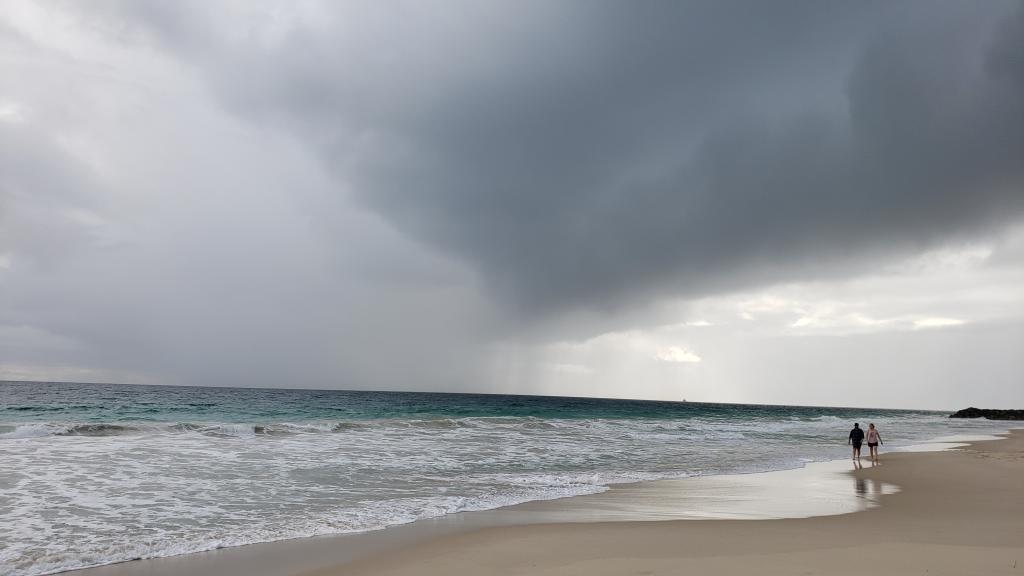One of the things that has dawned on me gradually in working on my Biblical theology, is that God works with his people according to where they are in their development as people of God, and thus necessarily differing arrangements apply to differing covenantal situations. Jesus, in his comment about Moses’ permitting divorce, says this was allowed due to the hardness of human hearts at that juncture. Mutatis Mutandis, to whom more is given, for instance the Holy Spirit as an internal renovator of human spirits, more is expected. This in turn led me to think about the accounts of violence in the Bible that appear to be divinely sanctioned, whether human or direct divine violence. Now in the first place, I do not have an issue with God acting justly in a world full of wickedness and sin. For me, that is an inherently necessary part of his being just, fair, holy, righteous. He is a just God. So this post is not about the disciplinary or final judgments that come directly from God. After all, God is our creator, and it’s God prerogative to decide what to do when human beings repeatedly rebel, reject him, commit atrocious acts of sin and wickedness etc. We have no right to complain that such judgments seem unfair. Justice is when you get what you deserve, and mercy is when you don’t. If we were smart, we’d be pleading more for mercy than for justice from God.
But what about divinely sanctioned human violence, such as the ‘harem’ we find in Joshua– the cleansing, even ethnic cleansing of the land? What should we think of that? Here are a few musings….
. Here’s the idea— God, dealing with a fallen world with fallen people concludes that the way to have a chosen people in that context is: 1) to pick a particular ethnic or family or tribal group, and 2) to promise them a land to live in, and 3) give them rather strict boundaries for the community so they will not be like other nations, especially religiously (circumcision etc.), and 4) allow them to take the land they need. This sort of definition of a people initially involves a theocracy, but devolves into a monarchy due to the people’s rejection of a strict theocracy. The result is that war and weapons of war become a necessary feature if they are to remain a bounded community with a land. They wish to be a nation like other ANE nations, and this is what David, Solomon etc. implement.
Now this sort of insular ethnic based community is very different from an ethnically inclusive, non-geographically bounded, and evangelistic community with the ethic of Jesus etc. as its ethos. It is the latter which can embrace an ethic of non-violence as part of its charter, not least because Jesus’ kingdom is ‘not of this world’. In short, God permits the former, due to the hardness of human hearts and gives laws to restrain sin, but God prefers the latter because it accords more with his own character as one who loves the world and is impartial.
As for direct divine violence, much of this is corrective not punitive, until one gets to final judgment/Yom Yahweh. Notice how the nations are judged not by an Armageddon war between humans, but by direct divine judgment in Rev. 21.
In other words, if one has a theology of progressive revelation, and one thinks the clearest revelation of what the Bible says ought to be the case in regard to human violence in particular, then no Christian should think that the OT provides much guidance on this, as God is busily trying to constrain sin and an existing situation— only an eye for an eye… etc. Whereas when Christ and the Spirit are given, the ethic becomes more in line with God’s ultimate will and character as a God who loves the world. This of course also dovetails with what I’ve been saying about the new covenant not being a renewal of the Mosaic one, but rather the fulfillment of the Abrahamic one, with many new commandments etc. On Biblical Theology— see my new Cambridge volume.













